Team
Drone Based Machine Learning for 5G Indoor Building 3D Coverage Prediction in High-Rise Urban Environments
Our latest research introduces a groundbreaking drone-based methodology for predicting and visualizing 3D indoor coverage in high-rise buildings using advanced machine learning. By integrating aerial RF data collection with a location-aware deep neural network, we enhance the accuracy and efficiency of in-building signal predictions. This innovative approach reduces the time and costs associated with traditional methods and adapts dynamically to complex urban architectures. Explore more about it on the Projects page and how our technology sets new IBC design standards, delivering scalable and precise femto cell solutions.
Project objectives:
- Objective 1: Gap Analysis, Research Questions, Data Collection, Data Preparation and Proof of Concept (PoC)
- Objective 2: Develop a Real-Time Data Transfer for Drone-Based Network Coverage Analysis – Develop and implement a secure, efficient communication protocol using MQTT for real-time data transfer between 5G network signal scanners and AWS cloud services.
- Objective 3: Data Acquisition and Preparation – Implement a drone-based system to systematically collect and preprocess 5G network parameters data such as RSSI, CQI, RSRP, SNR and building structures data, and then prepare and integrate these collected datasets for machine learning analysis and modelling.
- Objective 4: Implementation and Optimisation of Machine Learning Models – Develop and optimise a range of machine learning models to analyse drone-collected data for accurate indoor signal strength and quality predictions. This involves experimenting with different algorithms to ensure precise estimates of RSSI and CQI, which is crucial for assessing in-building coverage effectiveness.
- Objective 5: Development of an In-Building Coverage Visualisation Tool – Develop a visualisation tool using the most effective machine learning model to create detailed 5G coverage heatmaps for buildings. This tool will integrate 3D visualisation technologies like Blender and PyVista, showcasing the practical application of predicted coverage in real-time scenarios.
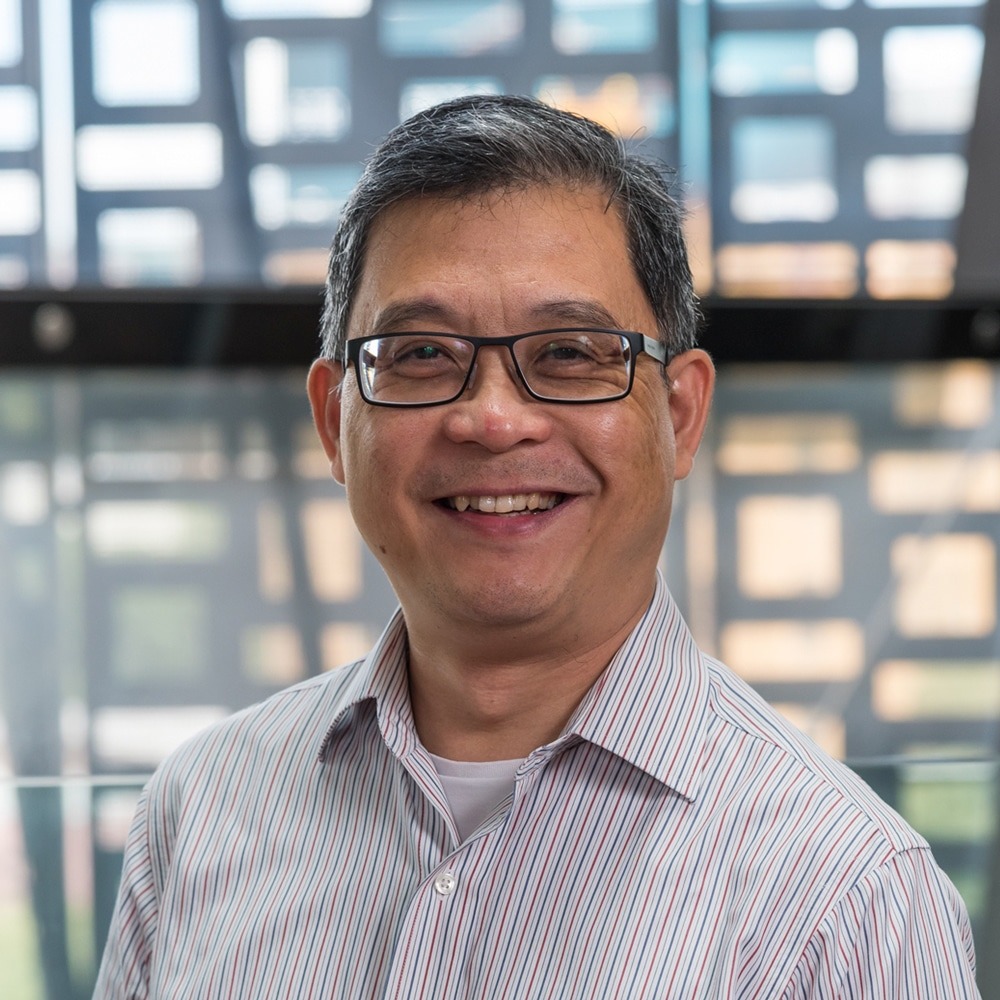
Professor Guandong Xu
Dr Guandong Xu is a Professor in the School of Computer Science and Data Science Institute at UTS and an award-winning researcher working in the fields of data mining, machine learning, social computing and other associated fields. Guandong is the Director of the UTS-Providence Smart Future Research Centre, which targets research and innovation in disruptive technology to drive sustainability. His research has attracted funding of more than $8 million from the ARC, government and industry. He also heads the Data Science and Machine Intelligence Lab. Guandong has had more than 240 papers published in the fields of Data Science and Data Analytics, Recommender Systems, Text Mining, Predictive Analytics, User Behaviour Modelling, and Social Computing in international journals and conference proceedings in recent years, with increasing citations from academia.
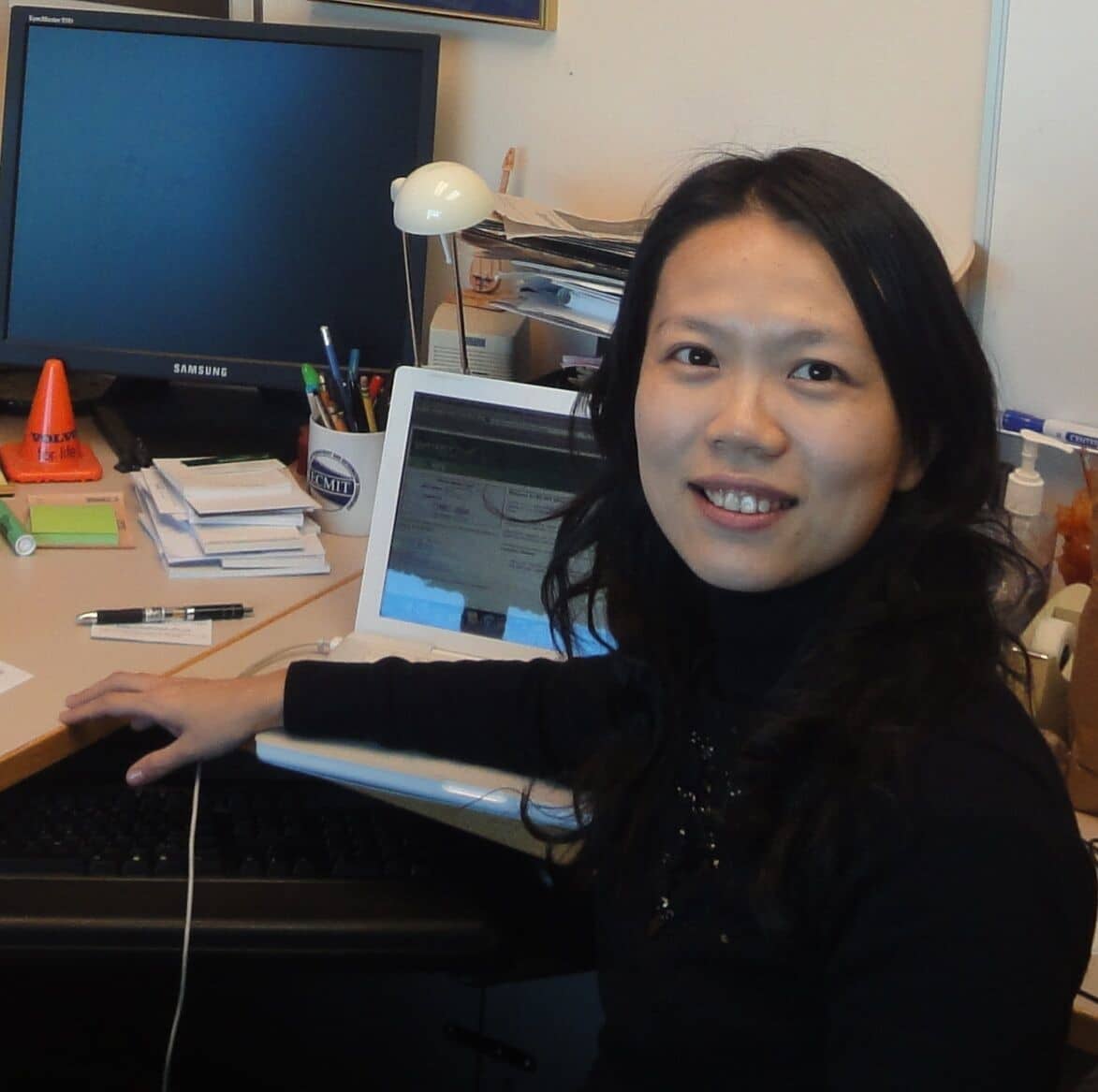
A. Professor Angela Huo
Dr Angela Huo is an Associate Professor at the School of Computer Science in the Faculty of Engineering and Information Technology at the University of Technology Sydney (UTS) working in the fields of Data Analysis, Cybersecurity and Privacy. In particular, her research focuses on utilizing AI and data analysis techniques to improve the efficiency and security of modern software systems.
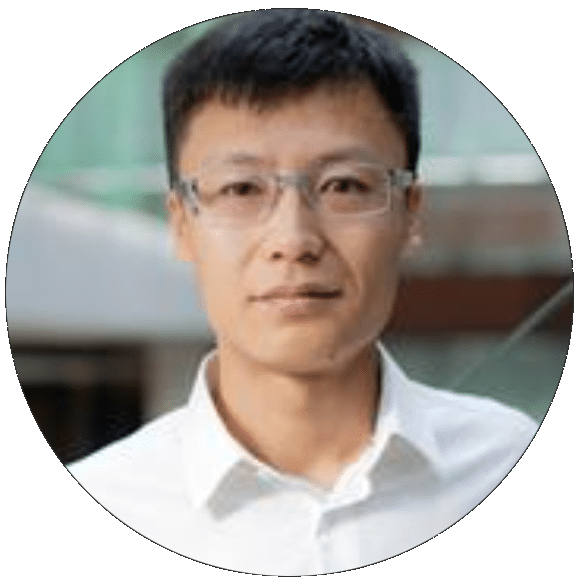
Dr. Xianzhi Wang
Dr. Xianzhi Wang is a Senior Lecturer in the School of Computer Science, Faculty of Engineering and IT, University of Technology Sydney. Xianzhi's research interests include Internet of Things (IoT), data mining, machine learning, and recommender systems. His publications appear in top-tier journals (e.g., IEEE TNNLS, IEEE MC, IEEE TSC, ACM TIST, ACM TOIT) and top conferences (e.g., ICDM, KDD, WSDM, AAAI, IJCAI, ICDE, UbiComp, SIGIR, CIKM).

Luca Dos Santos
Luka is a master's student in mechanical engineering at ETHZ, Zurich. He has vast experience in academic projects such as CLAID app, soft gripper challenge, autonomous robot, reverse engineering of a Shirogorov knife, with academic award "A bio-hybrid insulin pump integrated in the body" 2022ETHZ.

Dr. Md Rafiqul Islam
Dr. Md Rafiqul Islam is a Lecturer in Information Technology (Data Science) at the Faculty of Science and Technology, Charles Darwin University (CDU), Australia. He is a dedicated academic and researcher with expertise in data analytics, data visualisation, machine learning, pattern mining, deep learning, and artificial intelligence. His work focuses on solving real-world problems and disseminating knowledge through scholarly research and teaching. He received his Ph.D. in Data Analytics from the University of Technology Sydney (UTS), Australia, where he specialised in advancing data analytics techniques. He also holds a master’s degree in Computer Science and Engineering from the Islamic University of Technology (IUT), Bangladesh. His academic journey reflects a strong foundation in computer science, with a clear emphasis on data analytics.
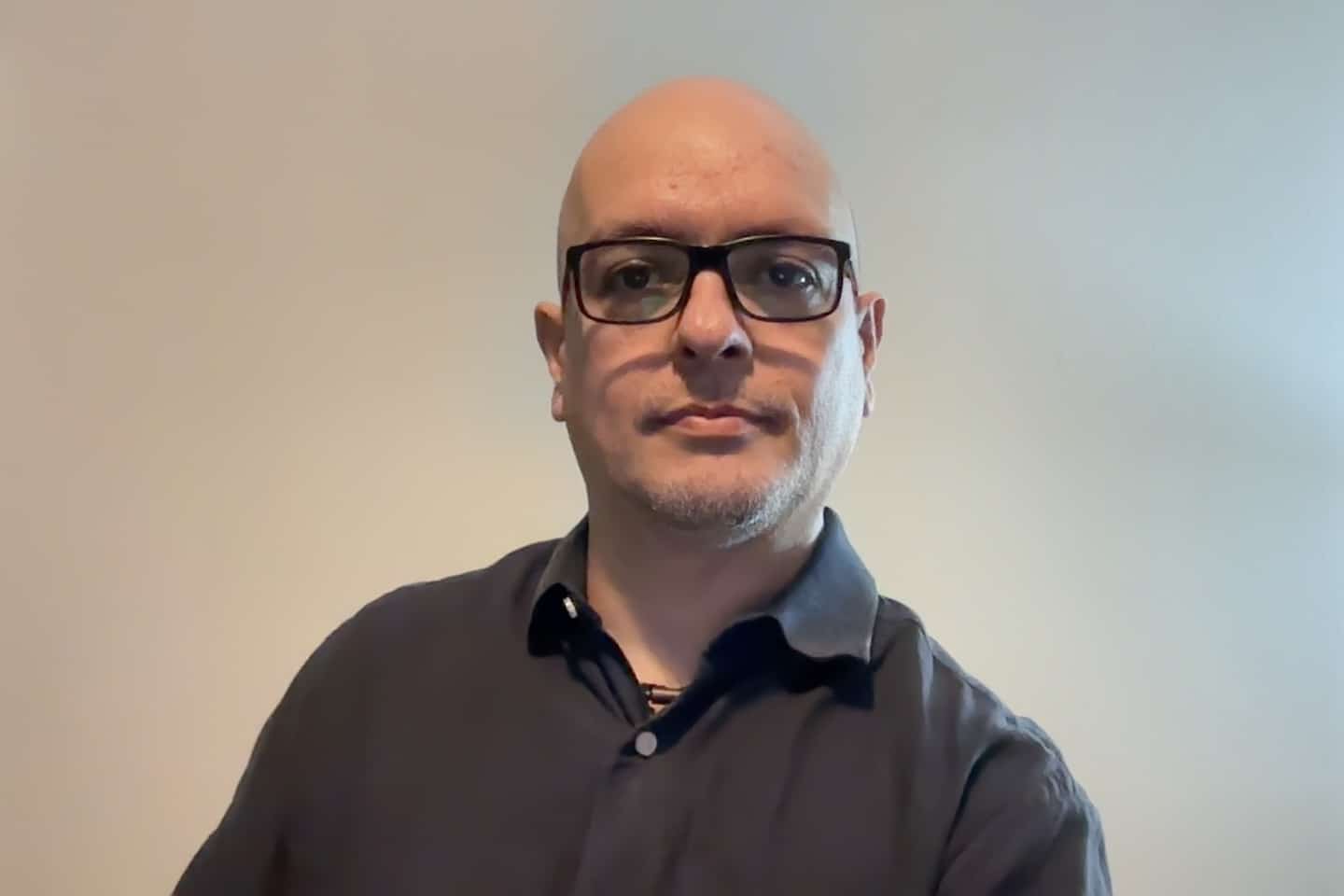
Professor Cesar Sanin
Professor Cesar Sanin has over 20 years of academic and professional experience in diverse interdisciplinary areas, such as artificial intelligence, machine learning, knowledge engineering, project management, statistics, and simulation modeling. He has published multiple papers in reputable journals and conferences, and has engaged in collaborative research projects in Australia, Europe, Asia, and South America, and coined the technologies Decisional DNA and Set of Experience Knowledge Structure. His professional experience includes working as a researcher inside organizations such as AIHE, The University of Newcastle, and The University of New England. Currently, he is a professor and associate dean, and lead projects and supervise students in the fields of artificial intelligence, machine learning, knowledge engineering, and information technology.

Alex Tweed
Alex Tweed is an expert in the field of Mechatronic Engineering, currently furthering his studies at the University of Technology Sydney. His disciplined work ethic and enthusiasm for learning are key assets, enhanced by hands-on experience as an Engineering Surveyor and multiple internships where he worked on large, collaborative projects. Alex has proven his capability in technical environments through roles that involved leading survey teams, creating 3D drawings, and implementing control codes for industrial robotic systems. His technical skills are complemented by commendable academic achievements, including a place on the Dean's List for outstanding academic performance in 2022.

Koh Ming En
Koh Ming En is an undergraduate student at Nanyang Technological University, Singapore. He is currently working on developing an in-building coverage tool under Dr David Hason Rudd leveraging his prior experience with developing computer vision software. His interests also include building products with Large Language Models (LLMs) and full stack development. Outside of work, he enjoys hiking and mountaineering.
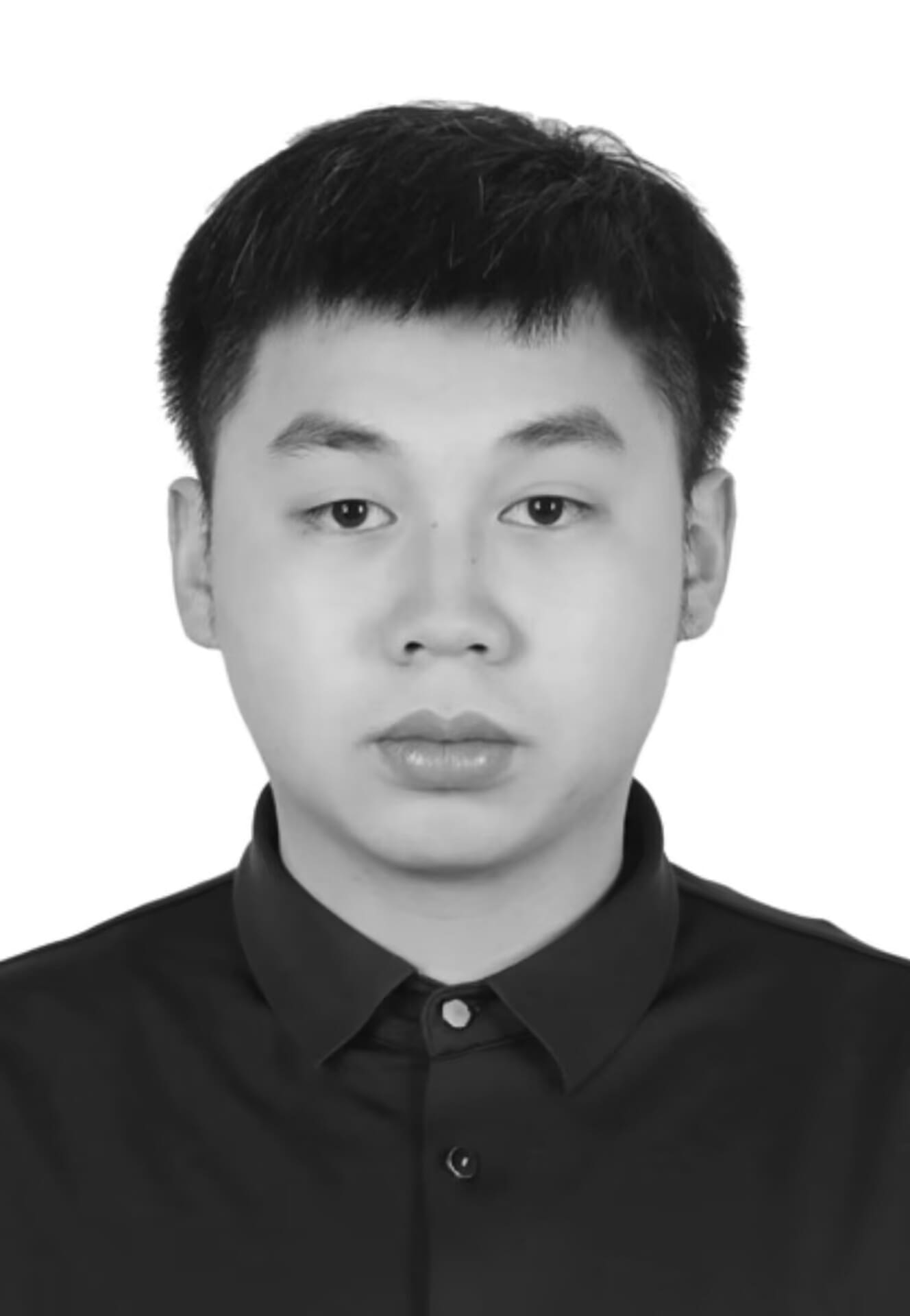
Xingyi Gao
Xingyi Gao graduated with a Bachelor's degree in Computer Science from Northeastern University, China. He is currently pursuing a Master's degree in Artificial Intelligence at the University of Technology Sydney. He has interned at several Chinese tech companies, including iFlytek and Century Network Technology, working on large language model-related projects. His interests include machine learning, federated learning, and natural language processing.
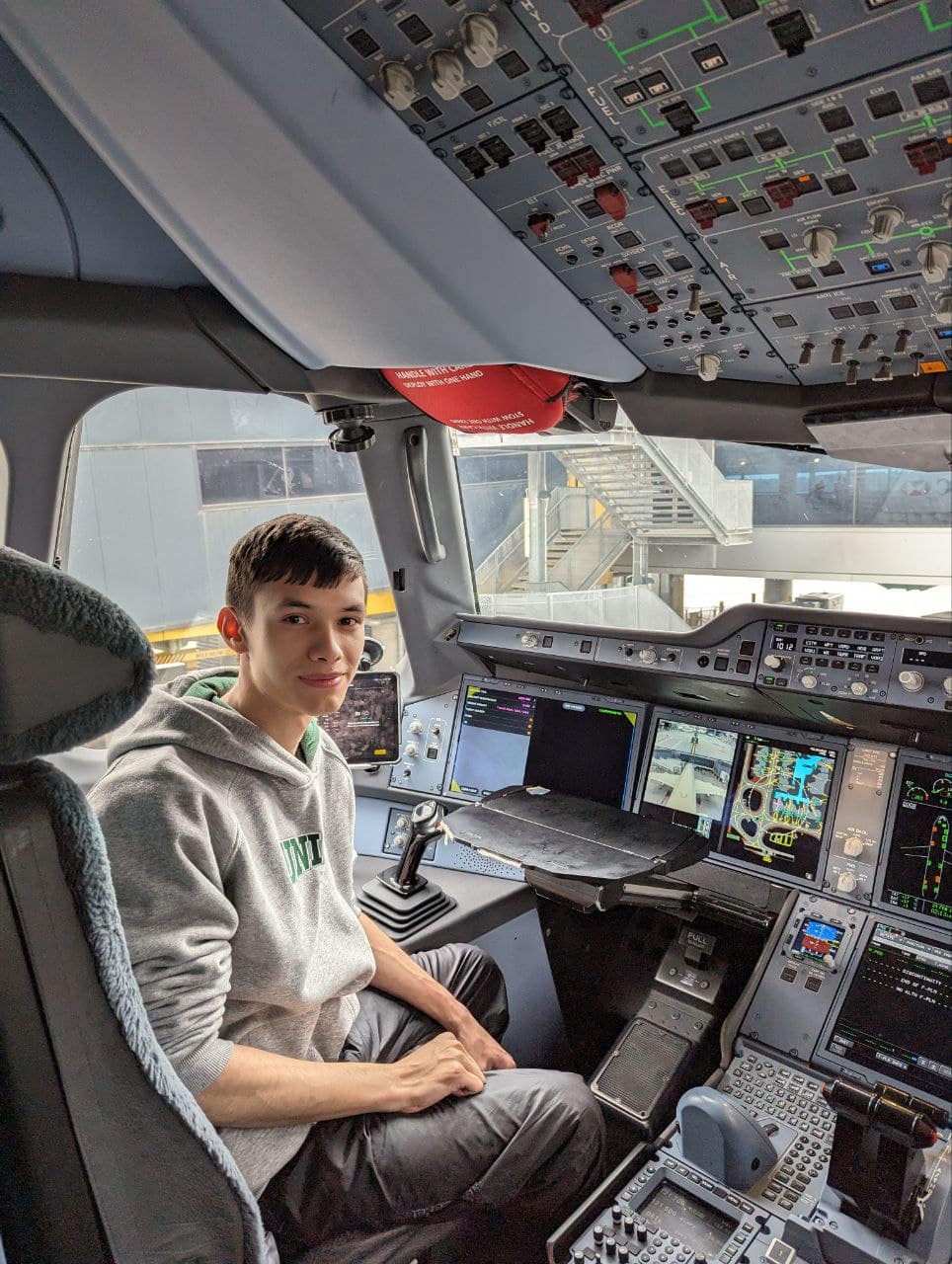
Jonathan Orr
Jonathan Orr is an aerospace engineering student in RMIT University, Melbourne. He competed in the FIRST FRC robotics competition. He also has extensive knowledge of CAD with OnShape and polygonal modelling with blender. In 2019 he started a still on-going project with members all around the world to write an open source flight simulator software for the Airbus A321XLR.
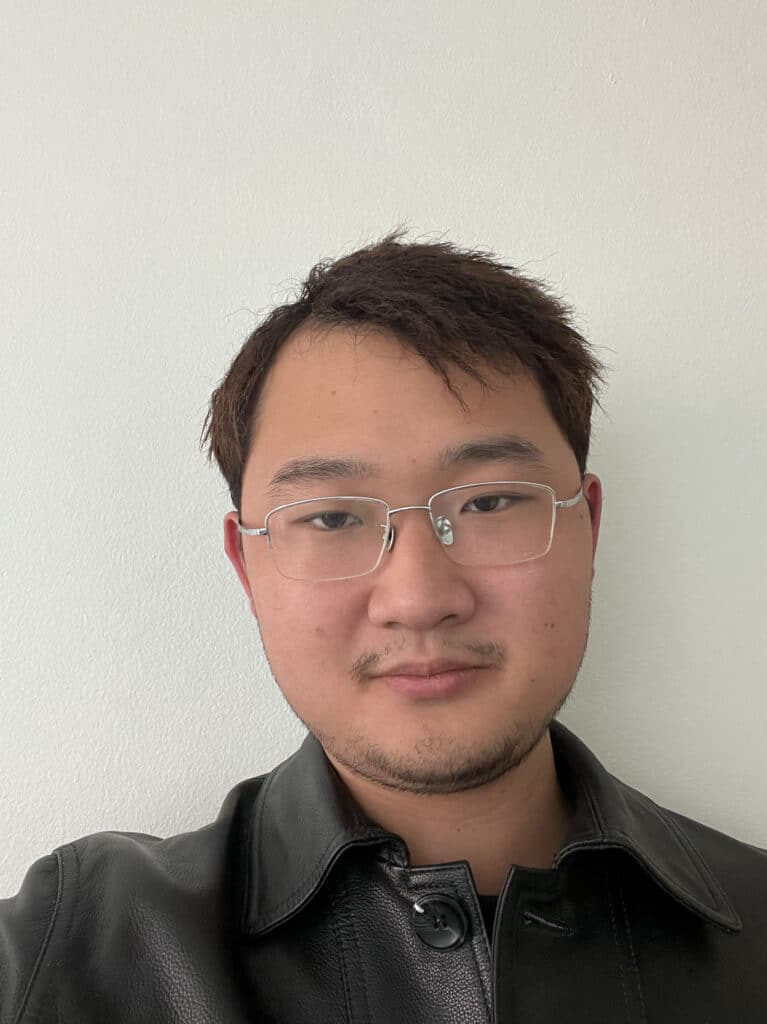
Ziang Li
Ziang Li, a Master of Cybersecurity student at the University of Technology Sydney, is currently contributing to the development of an innovative In-Building Coverage Visualisation Tool for 5G networks. This project involves integrating machine learning-based coverage prediction with advanced 3D visualisation technologies such as Blender and PyVista to create intuitive visual models of indoor 5G coverage. This approach improves the way network data is analysed and presented. His technical strengths include Python, C++, and 3D modelling.
